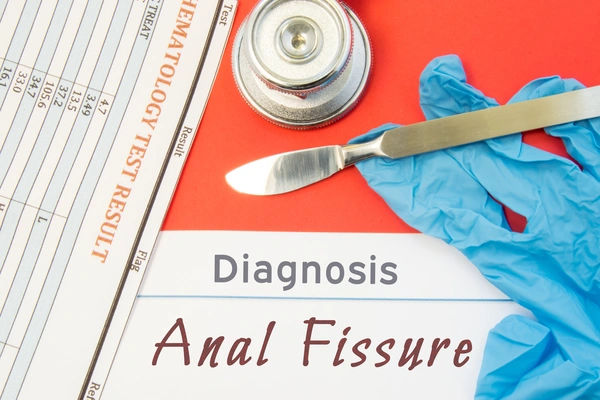- female
- 35 Years
- 29/01/2025
I'm dealing with really painful hemorrhoids and it's getting hard for me to function properly. My stool is really hard and difficult to pass, and I just end up feeling so bloated if I don't have a clear stomach. It's painful whether I'm sitting or walking and I'm honestly super stressed out about it. I've been trying homeopathic medicines but they don't seem to do anything for me anymore. Can you suggest anything that might actually help? Also, things like isabgol that are supposed to act as stool softeners seem to harden it more, which is confusing. What should I do?
More Gastroenterology/GI medicine Health Queries
View allI've been diagnosed with acalculous cholecystitis my gallbladder is contracted and the wall thickness is increased. Are there any Ayurvedic treatments that can help without needing surgery?
Yes, Ayurveda offers treatments for acalculous cholecystitis, focusing on relieving inflammation, reducing pain, and improving gallbladder function without surgery. These approaches often involve herbal remedies, dietary changes, and lifestyle modifications
Answered by 1 Apollo Doctors
I'm really worried because after getting a steroid injection in my shoulder for nerve damage, I've been having severe stomach pain. Is this normal? What should I do about it?
Steroid injections can sometimes lead to stomach pain due to irritation of the stomach lining or acid reflux. While mild discomfort may resolve with over-the-counter remedies, severe stomach pain should not be ignored. You should reach out to your doctor to evaluate the cause of the pain and ensure proper treatment.
Answered by 1 Apollo Doctors
My husband has just been diagnosed with the initial stages of jaundice, and I'm really worried. Is it okay for us to have intercourse during this early phase of jaundice, or should we avoid it? Would really appreciate any advice you can give!
During the initial stages of jaundice, it's generally recommended to avoid intercourse. Here's why: _Jaundice Precautions_ 1. _Infection risk_: Jaundice can be a symptom of an underlying infection, such as hepatitis. Intercourse can increase the risk of transmission. 2. _Weakened immune system_: Jaundice can indicate a compromised liver function, which may weaken the immune system. Intercourse can further strain the body. 3. _Discomfort and fatigue_: Jaundice can cause discomfort, fatigue, and yellowing of the skin and eyes. Intercourse may exacerbate these symptoms. _Precautions to Take_ 1. _Consult a doctor_: Before resuming intercourse, consult with your husband's doctor to ensure it's safe. 2. _Practice safe sex_: Use condoms to minimize the risk of infection transmission. 3. _Monitor health_: Keep a close eye on your husband's health and adjust your decision accordingly.
Answered by 1 Apollo Doctors
Disclaimer: Answers on Apollo 247 are not intended to replace your doctor advice. Always seek help of a professional doctor in case of an medical emergency or ailment.





